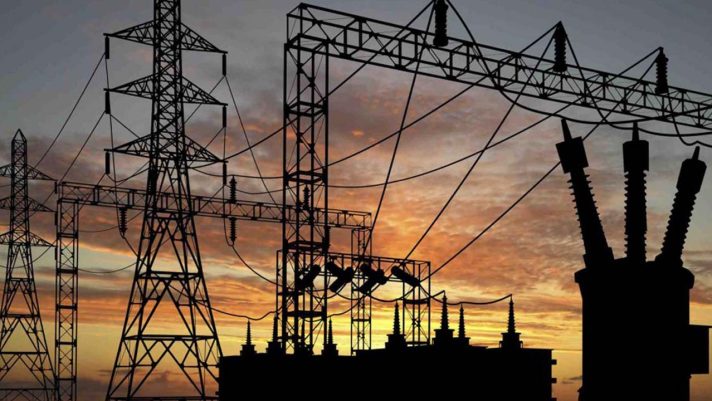Stakeholders have identified poor electricity and high fuel cost as the dual factors driving housing shortages in Nigeria.
According to them, electricity, often taken for granted in modern society, has a profound impact on various aspects of the citizens’ lives and significantly influences choices in real estate. From urban centres to remote rural areas, the availability, reliability, and affordability of electricity play a crucial role in shaping the preferences and decisions of prospective homebuyers. People delve into how electricity supply can electrify the real estate landscape before considering the area.
According to Nasir Abdullahi, an estate agent in Amuwo-Odofin, everybody appreciates the fact that when motorists pay more for fuel, the transport fare increases. “This has been the case even when the increase is only marginal. In the particular case where the cost of fuel is expected to double, the increase in transport fare will be astronomical. This will in turn affect everything else because the vehicle that will carry the sand to the site will increase its cost. The vehicle that will bring the wood to the site will charge you, what of tanker that will bring the water and the other building materials to the site.
“It will increase school fees, house rent, because everything you will like to do will have a connection directly or indirectly with transportation and you must use vehicles that are propelled with petroleum products. In this regards, the impact of fuel price increase on the Nigerian economy whether negatively or positively, will also affect the real estate sector. If the government had retained fuel subsidy while expediting the construction of the three proposed refineries and remove it as soon as these new refineries are commissioned, the situation we found ourselves today would have been different.
“To make transportation that uses fuel easier, the proposed rehabilitation of the existing refineries should be expedited. The government should vigorously pursue the revitalisation of the railways. The railways will help in transporting building materials to nearby areas where smaller vehicles can take them to site. If only Nigerians had alternative to road transport, this noise about fuel subsidy removal would not have been there and private companies should be encouraged to start building refineries now with the assurance that subsidy would be removed before they start production,” Abdullahi stated.
Speaking on the same vein, Mr. David Obodoeze, an interior decorator stated that in recent times, Nigeria has witnessed fluctuations in fuel prices, sparking debates and concerns across various sectors of the economy. “While the impact of rising fuel costs is generally seen as negative, there is a unique silver lining for the real estate industry. Surprisingly, the fuel price hike can favour real estate investment in Nigeria in several ways. To explore the connections between fuel price increases and real estate investment opportunities, we also focus on the potential benefits for savvy investors.
“Real estate has always been considered a stable and relatively low-risk investment option. As fuel prices rise, other forms of investments, such as transportation and manufacturing, might experience slowdowns. This prompts investors to diversify their portfolios and turn their attention to real estate. The perceived stability and potential for long-term gains in the property market become particularly attractive during times of economic uncertainty. Higher fuel prices often lead to a shift in preferences among consumers and businesses. As transportation costs rise, there will be a growing demand for properties located closer to city centers and commercial hubs. This demand shift can drive up property values in such areas, making real estate investment in these prime locations more lucrative,” he observed.
The Sun

































